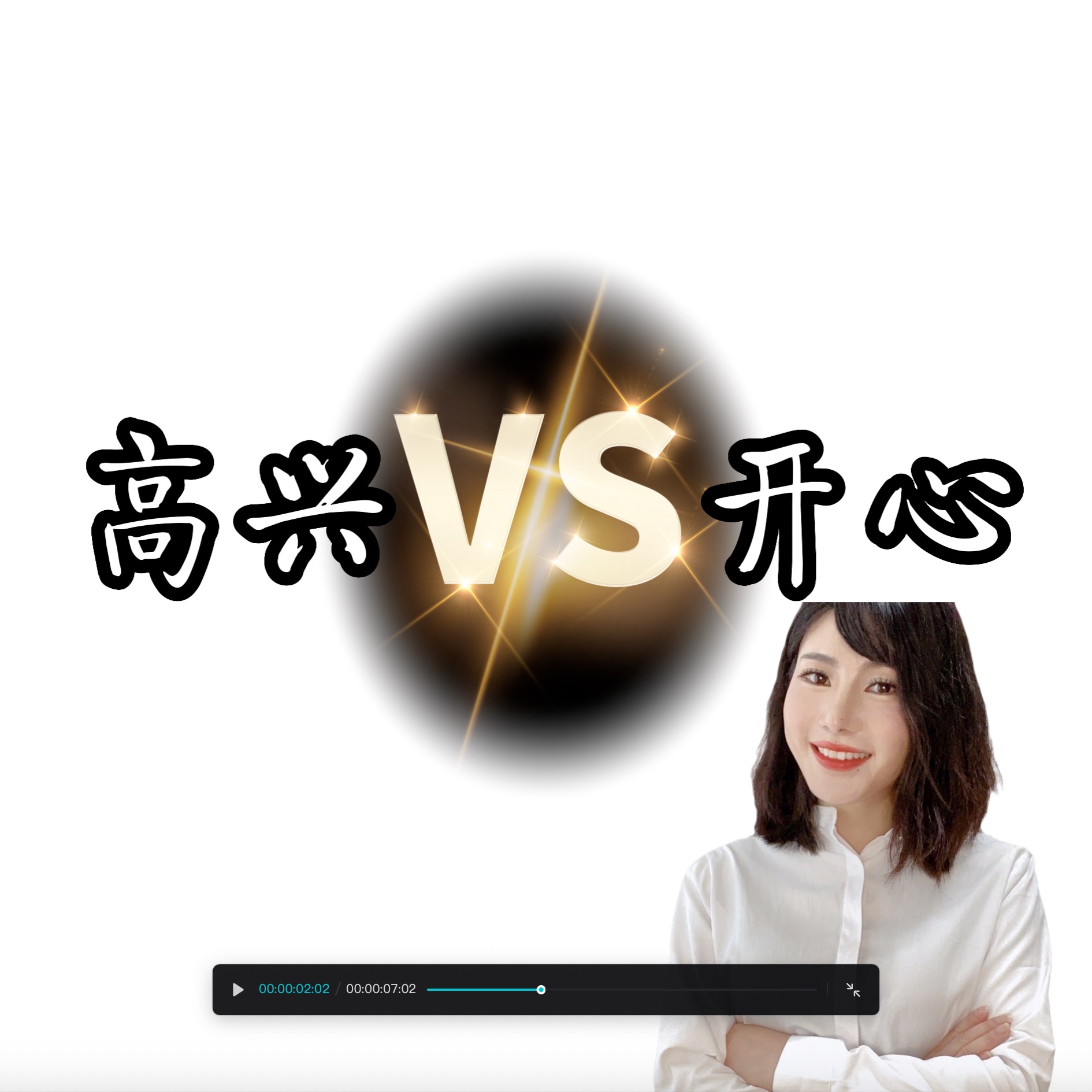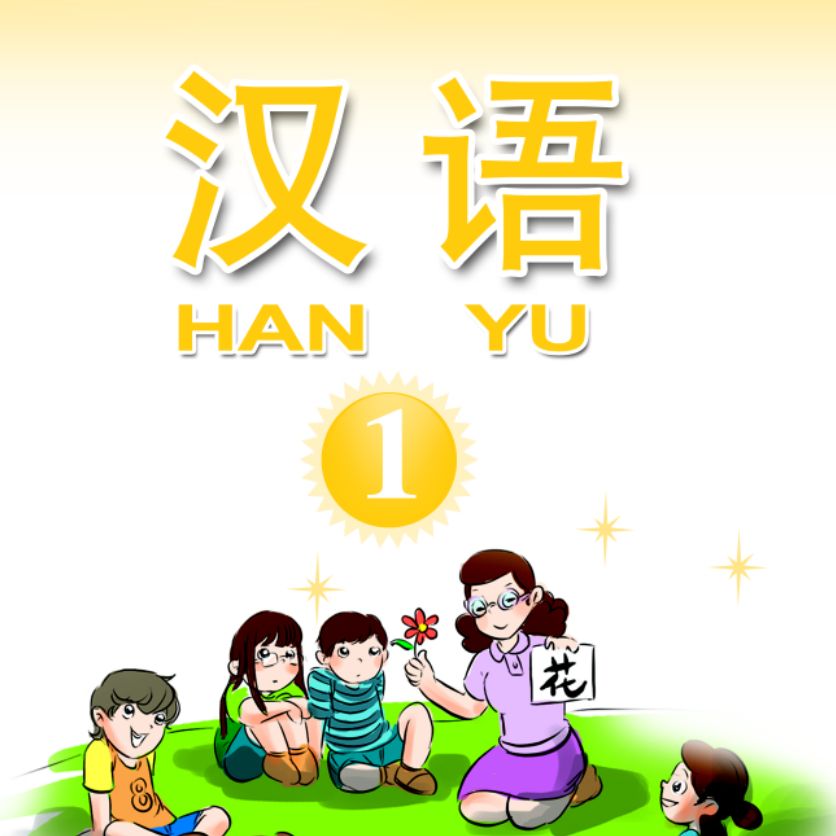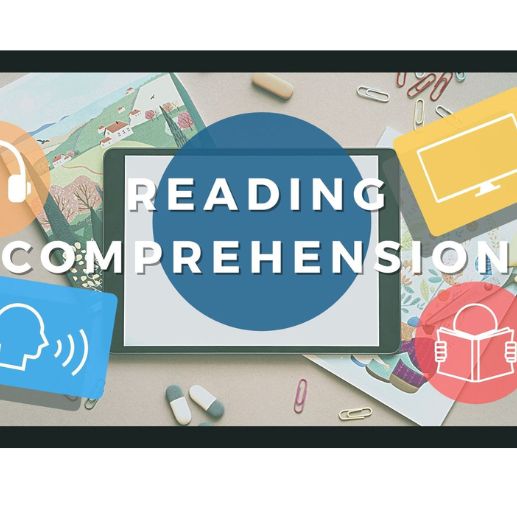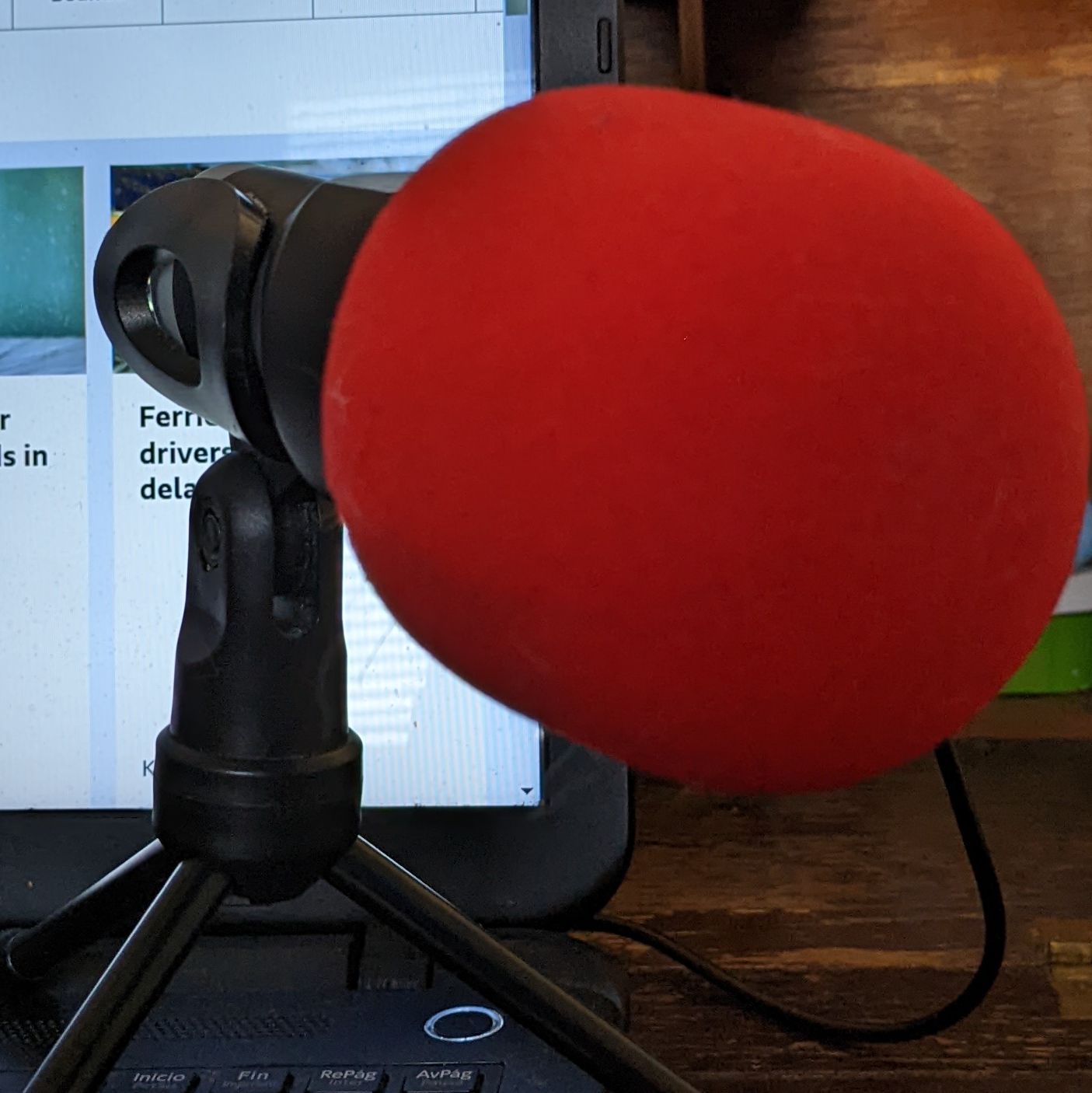
不 (bù) VS 没有 (méi yǒu)
설명
what is the difference between 不 and 没有?
不 (bù) and 没有 (méi yǒu) are both negation words in Chinese, but they are used in slightly different ways.
不 (bù) is an adverb that negates the verb or adjective that follows it. It is used to express "not" or "no."
For example:
我不喜欢吃苹果 (wǒ bù xǐ huān chī píng guǒ) - I don't like eating apples
他不是医生 (tā bù shì yī shēng) - He is not a doctor
没有 (méi yǒu) is used to negate the verb in the past tense or to express "not have." It is often used in combination with a verb in the past tense to indicate that something did not happen.
For example:
我没有吃早饭 (wǒ méi yǒu chī zǎo fàn) - I didn't eat breakfast
他没有去过北京 (tā méi yǒu qù guo běi jīng) - He has not been to Beijing
팟캐스트 채널
Difference between A and B in Chinese with Shanmei
작성자
모든 에피소드

Drills in Chinese Pinyin_ 21 consonants

Cosas que no puedes hacer en Colombia

Movie: Parasite

Why Good Intentions Backfire? | One Story, One Lesson #1

Achievement formula: Gratitude Fosters Acceptance, Enabling Achievement

Episode 1

From Rome to Rochester: The History of the Hamburger

The Champions (British TV Series)
인기 팟캐스트

Who says Chinese is hard? 谁说中文很难
Drills in Chinese Pinyin_ 21 consonants

Colombia
Cosas que no puedes hacer en Colombia

Learn English with Stories
Movie: Parasite

One Story, One Lesson
Why Good Intentions Backfire? | One Story, One Lesson #1

The Habits of Highly Effective English Communicators
Achievement formula: Gratitude Fosters Acceptance, Enabling Achievement

FITNESS VOCABULARY
Episode 1

Practice Listening, Reading & Comprehension
From Rome to Rochester: The History of the Hamburger

Teacher Joseph's Podcast
The Champions (British TV Series)